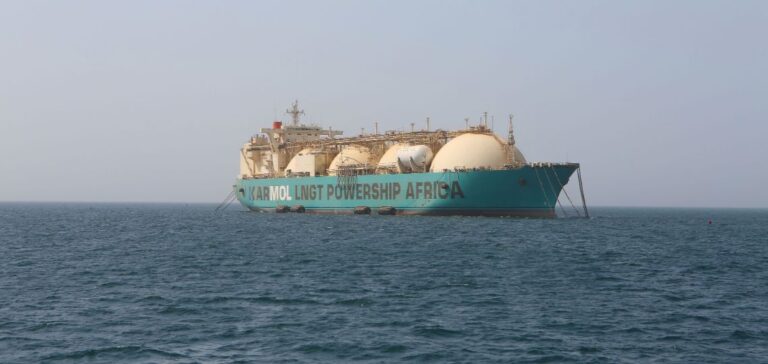Trinidad and Tobago has raised its revenue from liquefied natural gas (LNG) sales by securing higher prices than the benchmark used in the United States, known as Henry Hub (HH). The local government attributes these gains to an expanded pricing formula that integrates references from Asia, Europe, and global LNG markets. This diversified approach, introduced in 2018, reportedly positions the country to obtain between 15% and 55% more revenue per cargo compared to HH-linked transactions. Key projects are also under development to consolidate this position, including efforts by Shell to advance Manatee and by BP to progress the Cypre gas offshore project.
Monthly Export Trends
Official data indicates that LNG exports in January reached 37.18 billion cubic feet, marking a 9% decline compared to the previous month. Despite this drop, the recorded volume is the second-highest level since May 2023. It exceeds by 4% the volume observed for the same period last year, highlighting a notable year-on-year increase. Colombia emerged as the main destination, with 10.74 billion cubic feet shipped during the period.
After Colombia, the United Kingdom ranks among the primary buyers with 3.66 billion cubic feet, closely followed by South Korea at 3.54 billion. Other shipments went to Malta and Canada, each receiving more than 3 billion cubic feet according to nominated cargos. Although the total number of cargos fell to 11 from 15 the previous month, some shipments still had no specified destination when the data was compiled. Local authorities note that these variations mainly reflect demand dynamics rather than structural production declines.
Pursuing New Investments
On the exploratory front, the government has launched a major tender for the allocation of 26 deepwater blocks, aiming to encourage new drilling and boost gas supply. This initiative seeks to draw both foreign and local operators to invest in exploration, while ensuring a fair distribution of risks and profits between the state and industry players. Officials emphasize that the potential of these blocks could support export capacity, further strengthening Trinidad and Tobago’s position as a key LNG provider in the region. The government’s approach involves flexible tariff negotiations and continued support for high-profitability projects, without resorting to interventionist measures in the market.
##





















